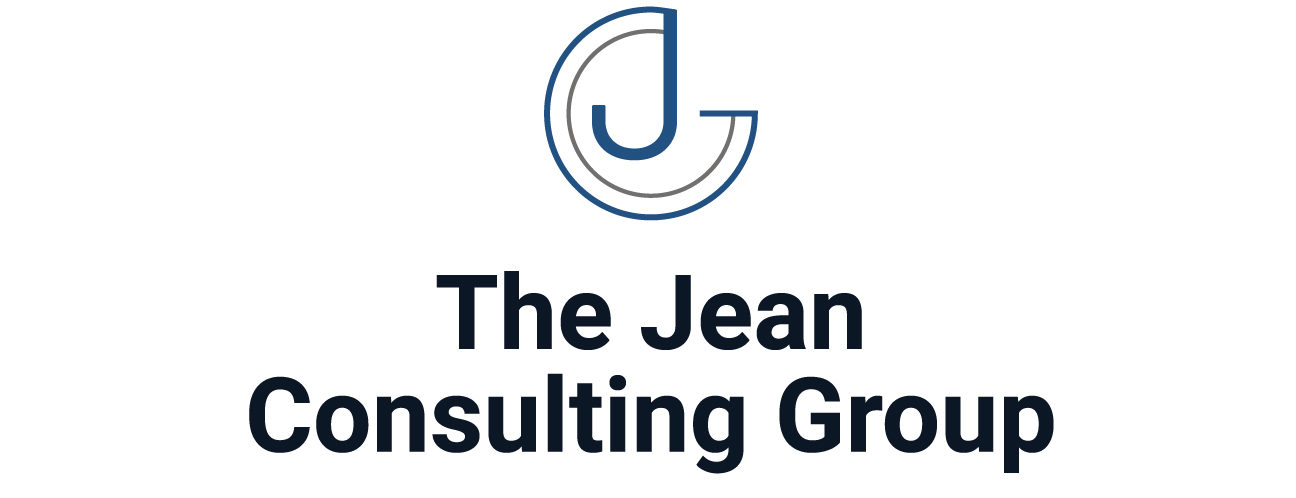In an era where unpredictability is the only certainty, businesses are increasingly focusing on reinforcing their crisis management and contingency planning with robust employee engagement strategies. The integration of these elements is pivotal in building a resilient organization capable of navigating through turbulent times while maintaining a strong, motivated, and cohesive workforce.
Strategically Enhancing Employee Engagement During Crises
Employee engagement during a crisis is not just about keeping morale high; it’s about ensuring each team member feels integral to the company’s survival and future success. Here are key strategies to achieve this:
- Transparent and Consistent Communication: Clear, honest, and frequent communication is vital during a crisis. Keeping employees informed about the situation, potential impacts, and the steps the company is taking to address the issue fosters a culture of trust and inclusivity.
- Empowerment through Involvement: Involving employees in crisis response and recovery efforts can empower them and give a sense of purpose and control during uncertain times. Participatory decision-making processes enhance commitment and can lead to innovative solutions.
- Recognition and Appreciation: Recognizing the efforts and contributions of employees during challenging periods is crucial. Simple acts of appreciation can significantly boost morale and reinforce their value to the organization.
Crisis Management: Preparing and Empowering Your Workforce
Effective crisis management goes beyond having a plan; it’s about preparing and empowering your workforce to act decisively and confidently. Essential elements include:
- Crisis Preparedness Training: Regular training sessions and drills on crisis management protocols ensure employees know what to do in various scenarios. This preparedness reduces panic and enables a more organized, effective response.
- Leadership Development: Developing leadership skills at all levels ensures there are multiple points of resilience and decision-making capability throughout the organization, vital for navigating crises smoothly.
- Psychological Support and Resources: Providing access to counseling services and mental health support during and after a crisis can help employees cope with stress and trauma, ensuring long-term resilience and engagement.
Contingency Planning with Employee Engagement in Mind
Contingency planning that considers employee engagement is more likely to succeed. This involves:
- Flexible Work Arrangements: Flexibility in work arrangements, such as remote work capabilities, can ensure business continuity in various crisis situations while respecting and accommodating employees’ needs and circumstances.
- Career Development and Job Security: Even in times of crisis, continuing to invest in employees’ career development and communicating transparently about job security can maintain engagement and loyalty.
- Community and Support Networks: Building a sense of community and establishing support networks within the organization can provide emotional and practical support, enhancing collective resilience.
Conclusion
Integrating employee engagement strategies with crisis management and contingency planning is essential for building a resilient organization. By prioritizing transparent communication, employee involvement, and comprehensive support, businesses can navigate through crises with a committed, motivated, and cohesive workforce. The key is to view employees not just as workers, but as integral partners in the organization’s resilience and success, whose engagement and well-being are crucial for overcoming challenges and emerging stronger on the other side.




